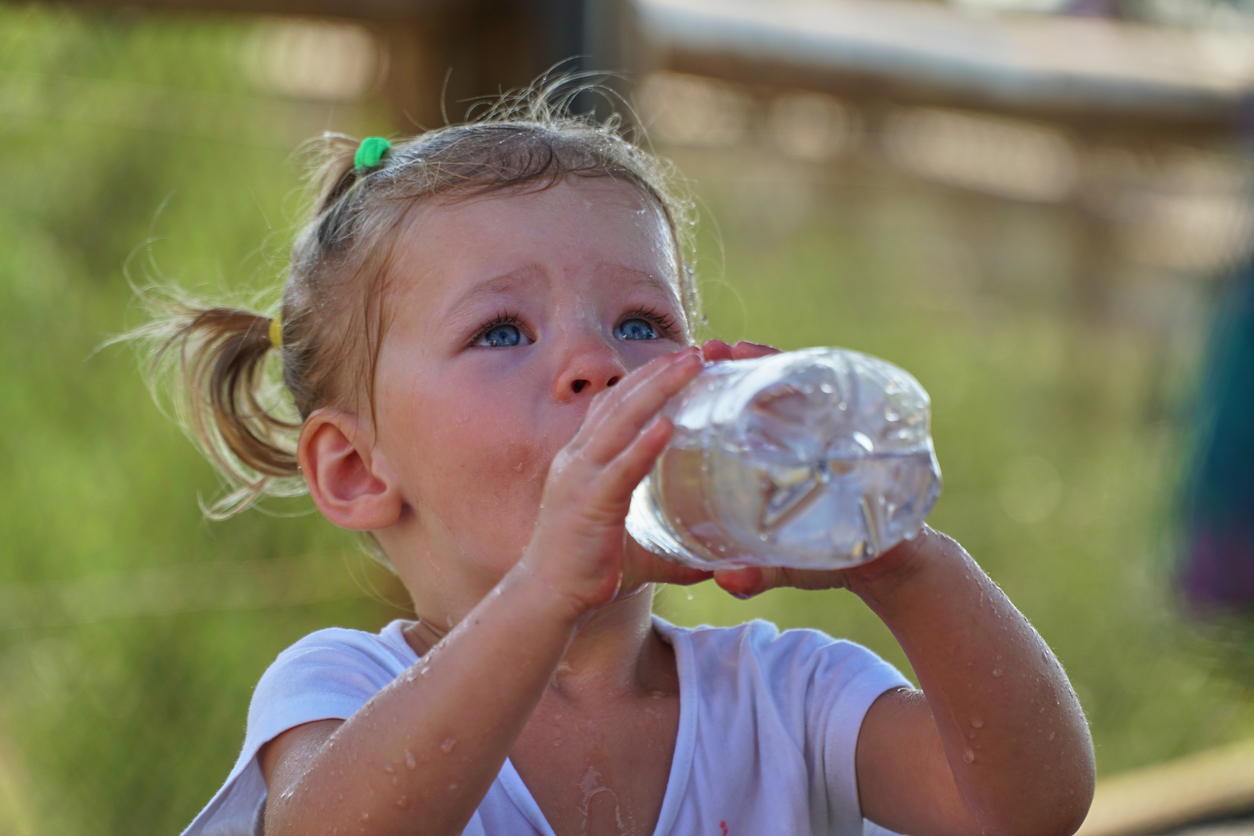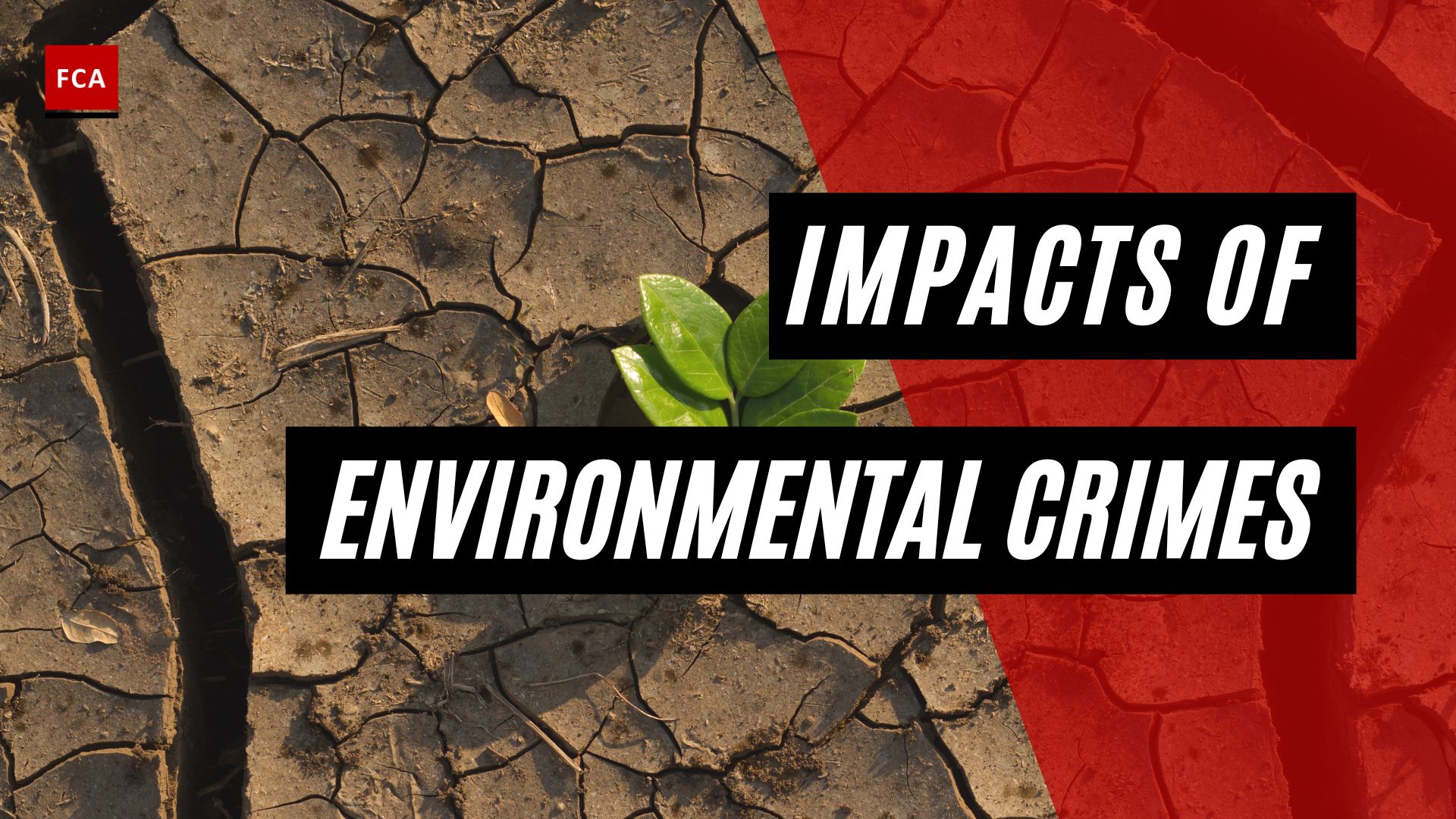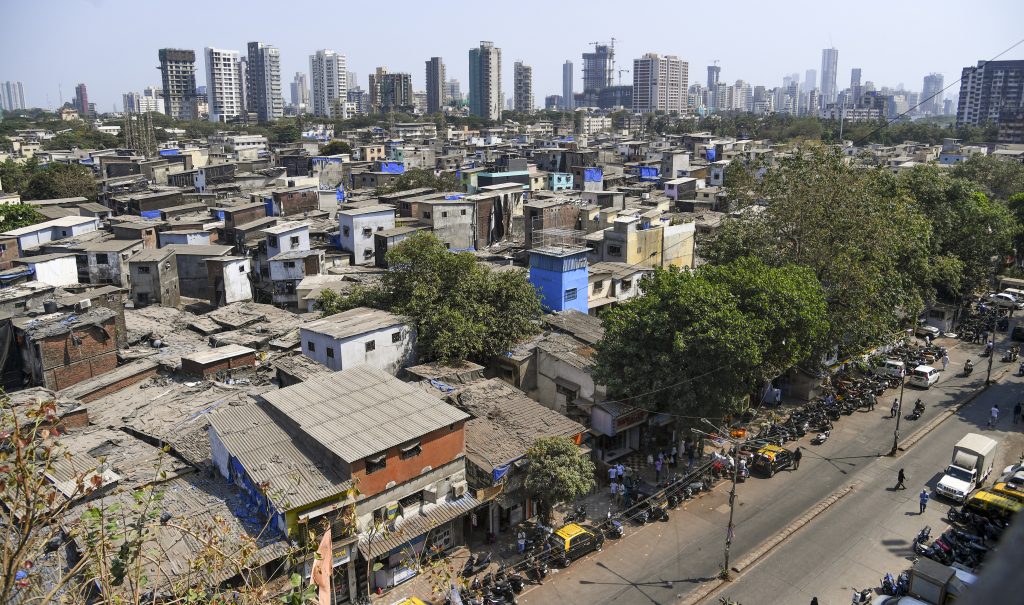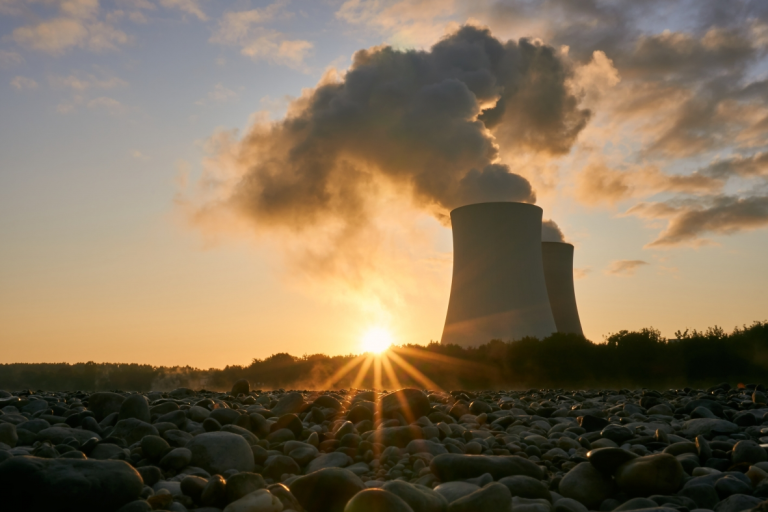Category: Less of What We Don’t Need
-

Unilateral and Illegal Sanctions–Mainly by the United States–Kill Half a Million Civilians Per Year
Those who do not live in war zones or in suffocated countries are forced to live life as if there is nothing strange about what is happening around us. When we read about war, it is disconnected from our lives, and many of us want to stop listening to anything about the human misery caused…
-

Data Center Resistance: A Good Ground Game Can Help Stop the Corporate AI Offensive
No doubt working people everywhere would benefit from a greater sharing of experiences and community-based strategies of resistance. At the same time, it seems clear that there is a natural alliance waiting to be formed, one that brings together those opposing data center operations and construction with those opposing the widespread use of LLMs in schools, workplaces,…
-

Plastics pose ‘urgent threat’ to children’s lifelong health, major review warns
A sweeping new review warns that chemicals in common plastics pose serious and lasting health risks to children, from before birth through adulthood. Published September 21 in The Lancet Child & Adolescent Health, the study examined hundreds of studies involving pregnant women, babies, and children. Researchers found that plastic additives such as phthalates, bisphenols, and…
-

Norway’s Responsibility to Future Generations
Over the first four months of 2025, 56 Norwegian citizens convened to discuss how Norway’s immense oil wealth can best serve current and future generations, both domestically and globally. Unlike traditional policymaking, where elected officials and experts call the shots, this so-called Future Panel – the second such assembly held in Norway – allowed ordinary…
-

The New Nuclear Fever, Debunked
An honest and imperfect response to the climate crisis would require a political, behavioural, economic and moral transition that would systematically reduce our energy and material consumption at an unprecedented pace. But that’s not an action any modern politician seems to be able to contemplate, let alone discuss.
-

Big Tech’s Big New York Gas Pipeline
Gov. Kathy Hochul justified a $1 billion natural gas project by appealing to affordability. But the main reason the state needs the energy is because data centers are hogging it. The true beneficiary of the natural gas pipeline Gov. Kathy Hochul (D-NY) approved earlier this month won’t be ratepayers, as she claims, but tech companies…
-

Green Crime Goes Global
In late 2024, Brazilian federal police dismantled a sprawling illegal gold mining network in Pará, exposing a criminal enterprise that stretched far beyond the rainforest. The operation, part of a broader crackdown on illicit mining in Indigenous territories, uncovered links to money laundering via shell companies and fraudulent permits, with funds traced to accounts in…
-

The Redevelopment of Dharavi Will Destroy the Livelihoods of Those Who Work in Small Businesses
Dharavi, known as Asia’s largest slum, is very unique. It has migrants from states like Bihar Uttar Pradesh, Bengal, Tamil Nadu, Andhra Pradesh and Gujarat making it multi-ethnic. There is a diversity of occupations carried out in Dharavi, from garments and apparel, leather goods manufacturing, and waste recycling to pottery and snack making. In addition…
-

Ecuador. Nuclear energy? No, thank you!
Hiroshima, Nagasaki, Chernobyl, Fukushima: these are names that send shivers down our spines. The first two remind us of the atrocities that can result from a war involving nuclear weapons; the latter two highlight the danger posed by one of the most dangerous technologies in existence: nuclear power.
-

Phthalates in everyday products may fuel breast cancer, new study warns
Common chemicals in plastics, personal care products, and food packaging may drive the onset, growth, and spread of breast cancer—the second-leading cause of cancer deaths in women, new research suggests. Breast cancer is one of the most common and deadly cancers worldwide, causing more than 42,000 deaths in the U.S, with particularly high rates among…










